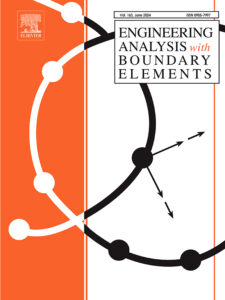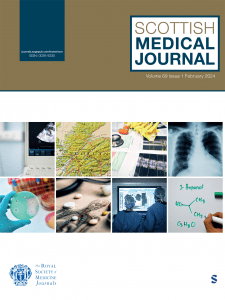When Ina Vandebroek read the latest edition of Pharmacognosy, an Elsevier textbook to which she contributed a chapter for the 2017 edition, she was shocked. Although she had declined to write for the 2023 update, her chapter was still in the book, under a different author’s name.
“When I first saw this, it was like somebody hit me on the head with a hammer and everything that I’d worked for all my life was put into question,” Vandebroek, an ethnobotanist and senior research fellow at the University of the West Indies (UWI) in Kingston, Jamaica, told Retraction Watch. “This shakes my foundation of what I think science should stand for.”
The situation arose when one of the textbook’s editors, Simone Ann Marie Badal, a researcher at UWI, asked if Vandebroek wanted to revise her chapter for the new edition. Vandebroek declined, assuming her chapter would be omitted from the book.
Continue reading ‘Exhausting’: Author finds another’s name on an Elsevier book chapter she wrote








